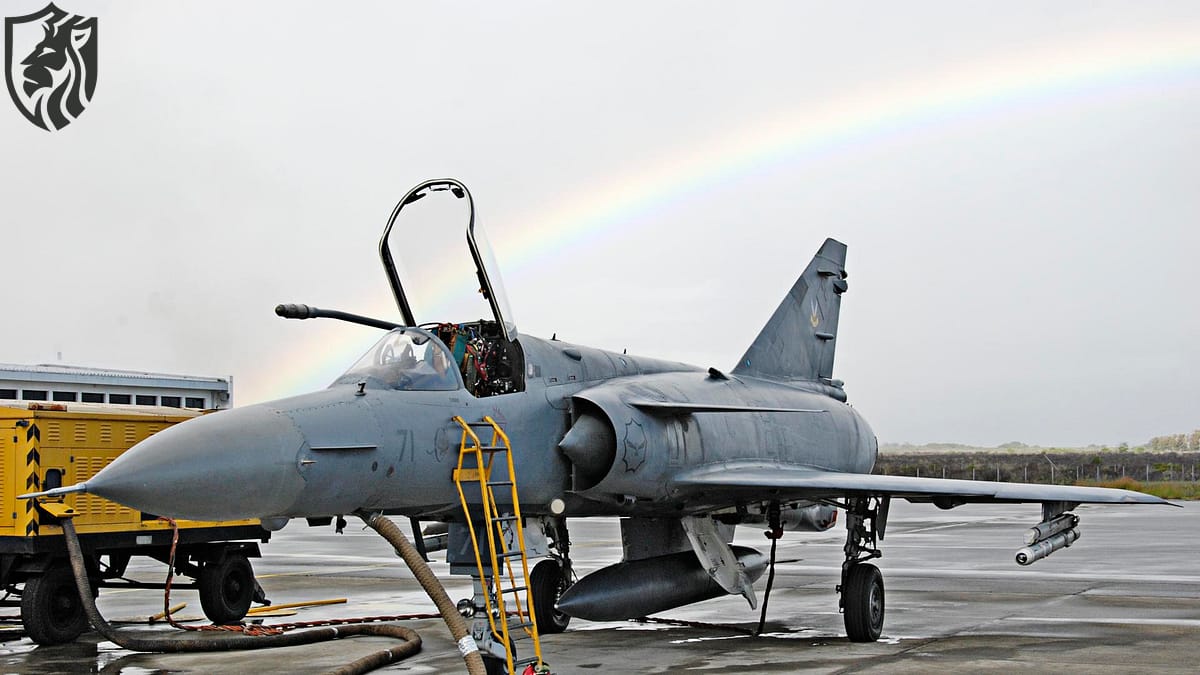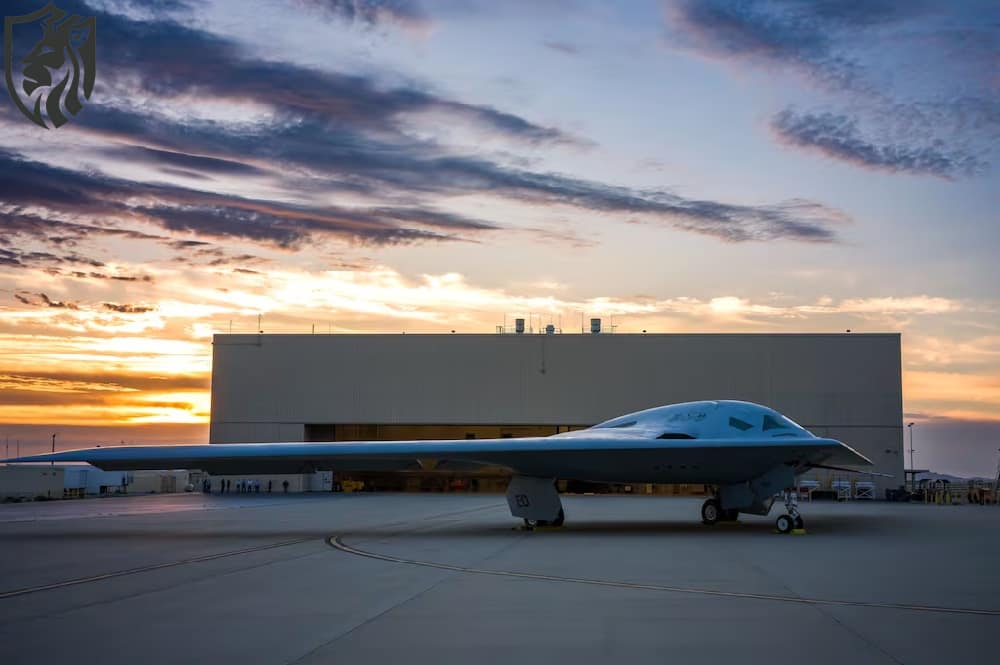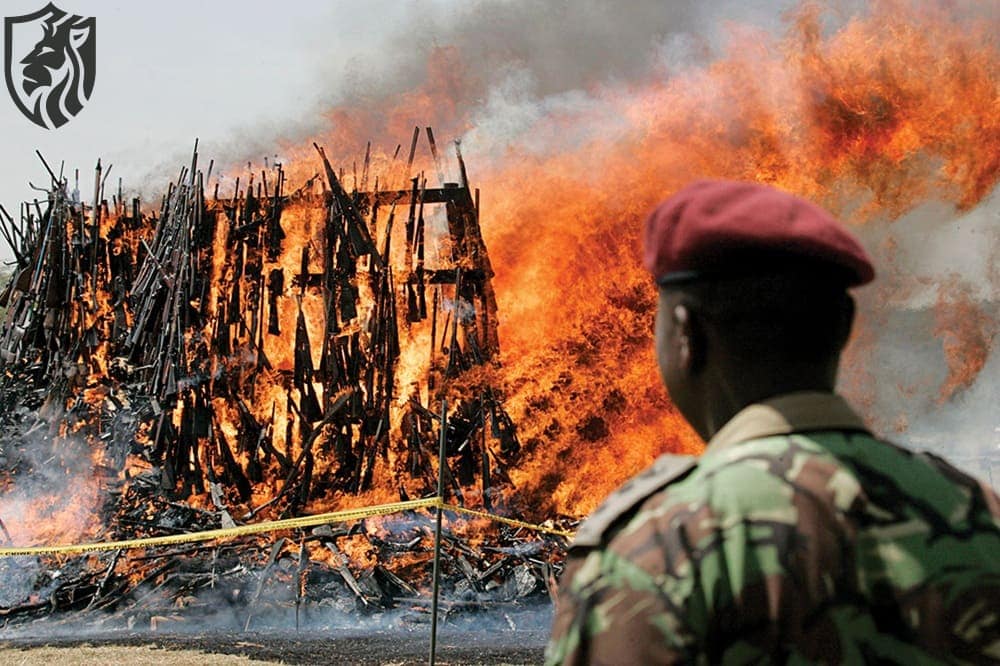
Cheetah Jet
Draken International sues Denel for R124 million ($7 million) over undelivered Cheetah jets, highlighting another crisis in South Africa’s troubled defense sector. The dispute stems from a 2017 deal that saw Denel agree to supply 12 refurbished Cheetah fighters, once the pride of the South African Air Force, for adversary air training in the United States.
The Origins of the Contract
In December 2017, Draken International sues Denel for R124 million over undelivered Cheetah jets, as the US company recalls how it had signed a $35.2 million (R624 million) agreement for the aircraft. The package included nine single-seat Cheetah C models and three dual-seat Cheetah D variants, alongside spares, simulators, and ground support. Denel, the original design authority for the aircraft, was tasked with refurbishing the jets to flight-ready condition before delivery.

Draken’s Investment and Partial Deliveries
Florida-based Draken International sues Denel for R124 million over undelivered Cheetah jets after advancing $12.7 million (R225 million) for the project. Yet, in seven years, Denel delivered only three aircraft—two in 2019 and one in 2021—falling far short of its obligations. These jets never flew operationally in the US because Denel could not initially support ejection seat systems, although the company later resolved those issues.
The Legal Battle in Florida
Draken International sues Denel for R124 million over undelivered Cheetah jets by filing a complaint on 19 August in Florida’s Middle District Court. The lawsuit, represented by Simpson Thacher & Bartlett LLP and Stearns Weaver Miller, claims breach of contract and seeks $7.1 million in returned advance payments plus damages. Court records show a summons was issued on 21 August, while Denel confirmed it will oppose the case and submit its legal notices.
Denel’s Struggles and Delays
Draken International sues Denel for R124 million over undelivered Cheetah jets, partly due to systemic failures at Denel. According to defense analysts, the project collapsed under the combined weight of South Africa’s state capture scandals, poor cash flow, and the Covid-19 pandemic. Denel struggled to source critical components, such as ejection seat parts, while it simultaneously failed to pay suppliers and staff salaries. These setbacks delayed aircraft regeneration and undermined confidence in the program.
Impact of US Adversary Training Cuts
Draken International sues Denel for R124 million over undelivered Cheetah jets at a time when the US military was scaling back outsourced adversary training. Draken had originally planned to use the Cheetahs for air combat support and pilot exercises, complementing its fleet of upgraded Spanish Mirage F1Ms. However, when the US Air Force cancelled a key contract in 2021, Draken’s operational need for the Cheetahs dwindled, further weakening the partnership.

Expert Commentary on the Fallout
Defense expert Darren Olivier noted that Denel Aeronautics initially performed excellent work on the Cheetah program. However, he said that state capture disabled the company’s ability to continue. Draken International sues Denel for R124 million over undelivered Cheetah jets, which Olivier described as a “sad story of bad luck, worse timing, and missed opportunities.” He argued that with bridging finance, South Africa’s government could have salvaged the deal and preserved its international reputation.
The Cheetah Legacy and Missed Opportunities
Draken International sues Denel for R124 million over undelivered Cheetah jets, raising questions about the future of South Africa’s Air Force iconic fighter. Developed as a Mirage III upgrade in the 1980s, the Cheetah served until 2008, when Saab Gripens took its place. Denel successfully exported 12 units to Ecuador in 2011, proving the type’s viability in foreign service. Analysts now fear the remaining jets may languish in storage or face scrapping, rather than gaining a second life in US adversary roles.
Conclusion
Draken International sues Denel for R124 million over undelivered Cheetah jets, exposing systemic weaknesses in South Africa’s defense industry. The lawsuit underscores how mismanagement, corruption, and poor timing can derail international contracts and diminish national credibility. Whether through settlement or prolonged litigation, the case serves as a warning to both South Africa and its partners: without operational stability, even legacy fighter jets with proven track records cannot find new purpose.







